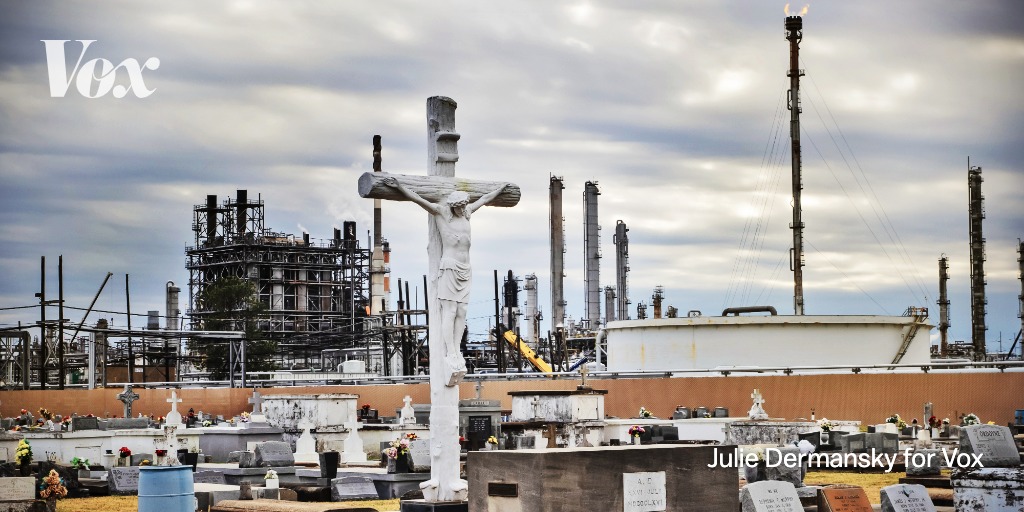
1/ While Amazon publicly touts itself as valuing diversity and inclusion, interviews with more than 30 current and former workers reveal the company's race problem is deep-seated — and it connects to the HR department. bit.ly/35nCchS
2/ HR is supposed to lead efforts that create a safe, equitable work environment, but multiple employees tell @DelRey the department’s leader, Beth Galetti, has partially stalled progress.
“Beth is actively a gatekeeper and a blocker in this work,” said one former employee.
“Beth is actively a gatekeeper and a blocker in this work,” said one former employee.
3/ Galetti leads HR and DEI efforts — despite having no experience in diversity work, which is a major concern for some staffers.
Many current and former workers also say she's resisted claims that some employees face bias and are at a disadvantage compared to others.
Many current and former workers also say she's resisted claims that some employees face bias and are at a disadvantage compared to others.
4/ One example: When Amazon’s diversity staff proposed inviting warehouse employees to a previously corporate-only training program for career development, Galetti vetoed the idea.
“This isn’t McDonald’s. You don’t go from making fries to corporate," she reportedly said.
“This isn’t McDonald’s. You don’t go from making fries to corporate," she reportedly said.
5/ But sources say Galetti’s actions represent a larger cultural problem at Amazon.
DEI employees at the company told Vox that Galetti and her deputies have gone on to hire several key DEI employees who don’t have meaningful experience doing diversity work.
DEI employees at the company told Vox that Galetti and her deputies have gone on to hire several key DEI employees who don’t have meaningful experience doing diversity work.
6/ There has also been upheaval on the diversity team: Around two dozen members of Amazon’s DEI team have either left the team or been pushed out over the last two years, according to sources. Today, the team has fewer than 10 employees, sources say.
7/ Diversity employees also say company leadership is restricting access to important demographic data, making it difficult for them to address, identify, and solve recruiting and retention issues.
8/ While company data shows Amazon US corporate Black and Latino employees in entry-level and middle-management positions grew from 5.4% and 6.6% respectively in 2019 to 7.2% and 7.5% in 2020, they still only represent 3.8% and 3.9% of executives.
9/ But workers say the problem isn’t just Galetti, it’s Amazon’s executive leadership team — who they say have long deprioritized diversity and inclusion efforts and the well-being of their Black and brown employees.
Read the whole story from @DelRey: bit.ly/35nCchS
Read the whole story from @DelRey: bit.ly/35nCchS
• • •
Missing some Tweet in this thread? You can try to
force a refresh









